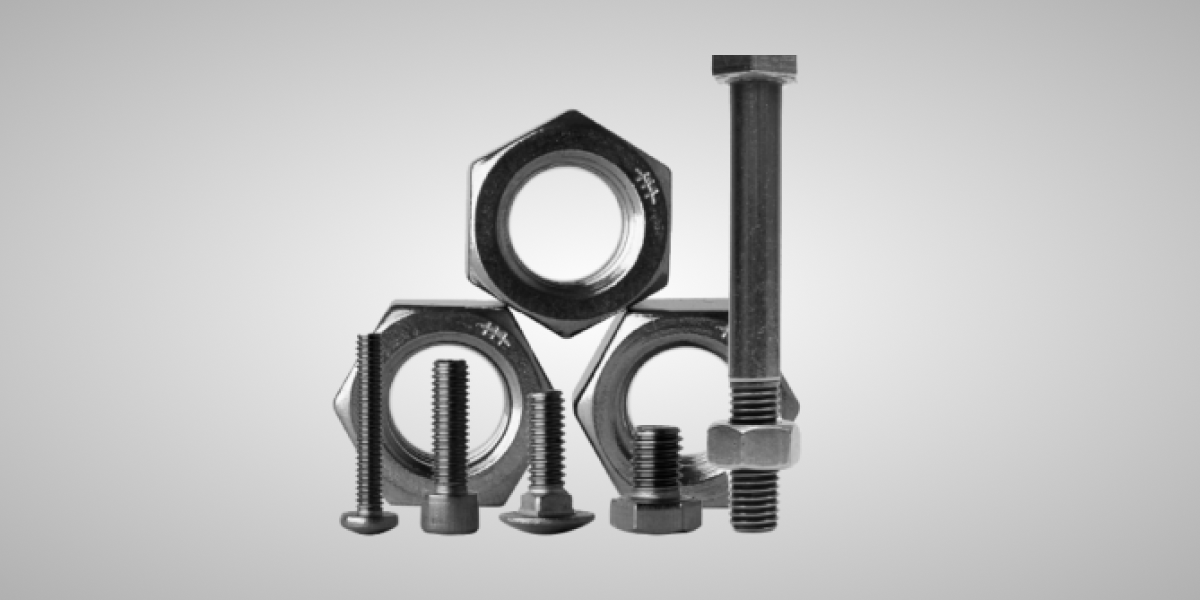Everything You Need to Know About Machining Monel
Monel is a highly durable and corrosion-resistant nickel-copper alloy, making it ideal for a variety of industrial applications. However, machining Monel presents unique challenges due to its hardness and work-hardening properties. In this guide, we’ll explore the intricacies of machining Monel parts, the applications of Monel complex parts, and key considerations for working with Monel QQ N 286.
What is Monel?
Monel is an alloy primarily composed of nickel (up to 67%) and copper, with small amounts of iron, manganese, and other elements. It is known for its excellent corrosion resistance, particularly in marine and chemical environments. Monel is used in applications where both high strength and resistance to harsh conditions are necessary, such as in the aerospace, oil and gas, and chemical processing industries.
Key Properties of Monel:
- Corrosion Resistance: High resistance to seawater, acids, and alkaline substances.
- Strength: Retains excellent strength even in extreme temperatures.
- Work-Hardening: Becomes harder when worked, making it challenging to machine.

Machining Monel: Key Challenges and Techniques
Machining Monel can be difficult due to its toughness, ability to work harden rapidly, and resistance to cutting. Here are some essential tips for machining this robust alloy:
- Use Sharp Tools: High-speed steel or carbide-tipped tools are often used for machining Monel. The cutting tools should be kept sharp to avoid excessive work-hardening.
- Slow Cutting Speeds: Monel requires slower cutting speeds compared to other materials. This prevents work-hardening, which can make the material more difficult to cut.
- Ample Lubrication: Adequate coolant or lubricant should be applied to reduce heat buildup and prevent premature tool wear.
- Rough and Finish Cuts: Start with rough cuts to remove the bulk of the material, then perform finish cuts with less depth to achieve the desired surface quality.
MuMetal Sheets and Nickel Sheets for Marine Shielding
MuMetal sheets are among the most common forms of this alloy used in marine environments. They offer flexibility in terms of usage, as they can be cut, shaped, and molded into various forms to meet specific shielding needs. MuMetal nickel sheets are particularly valued for their enhanced corrosion resistance, which is essential for maintaining shielding efficiency in harsh, saltwater environments.
Working with Monel Complex Parts
Monel complex parts often require high precision and advanced machining techniques due to the alloy’s hardness and strength. In industries such as aerospace and marine, complex Monel components must meet exacting standards. Here’s how manufacturers handle the machining of complex Monel parts:
- CNC Machining: Advanced Computer Numerical Control (CNC) machines are commonly used for machining complex Monel parts. CNC offers precision, repeatability, and the ability to produce intricate geometries with tight tolerances.
- Multi-Axis Machining: For complex parts, multi-axis machining provides the ability to cut Monel from multiple angles, reducing the need for part repositioning and ensuring consistency.
- Special Tooling: Customized tools are often required to machine complex Monel parts efficiently and reduce the risk of tool breakage or rapid wear.
Monel QQ N 286: Standards and Applications

Key Applications of Monel QQ N 286:
- Marine Engineering: Monel QQ N 286 is often used in marine hardware, such as propeller shafts, pump shafts, and seawater valves, due to its corrosion resistance in saltwater.
- Chemical Processing: This standard is also vital in the production of valves, pumps, and heat exchangers exposed to corrosive chemicals.
- Aerospace: In the aerospace sector, Monel is used for parts that must endure extreme temperatures and environmental conditions.
Conclusion
Monel machining is a complex process requiring specialized tools, techniques, and knowledge of the material’s properties. Whether you’re producing simple Monel parts or working with intricate Monel complex parts, understanding the challenges and proper techniques is crucial to achieving high-quality results. For industries needing Monel QQ N 286 standard materials, sourcing from experienced suppliers is essential for ensuring the durability and performance of your components.
Contact us today to learn more about our Monel machining services and how we can help you with precision Monel parts for your industry needs.
FAQ's
Machining Monel requires using sharp tools, slow cutting speeds, and ample lubrication. CNC machining with carbide tools is recommended for precision work.
Industries such as aerospace, marine engineering, and chemical processing use Monel complex parts for their high strength and corrosion resistance in harsh environments.
Monel QQ N 286 is a specification for Monel alloys that ensures the material meets strict mechanical and chemical standards, making it suitable for demanding applications like marine and chemical processing equipment.


